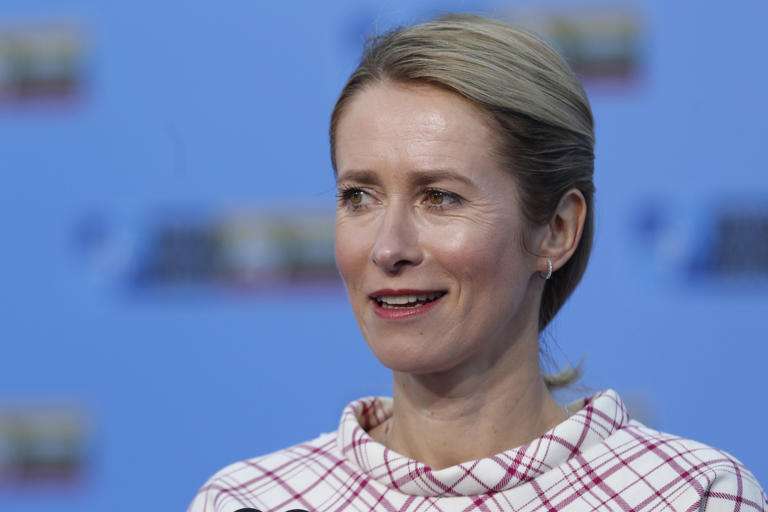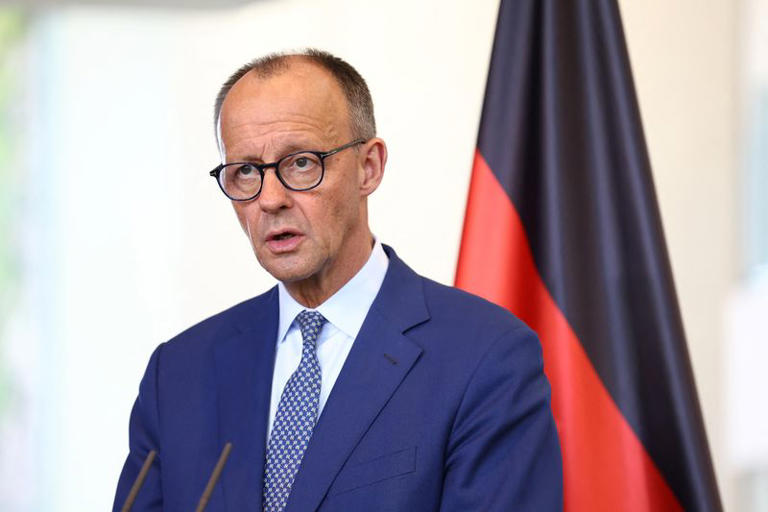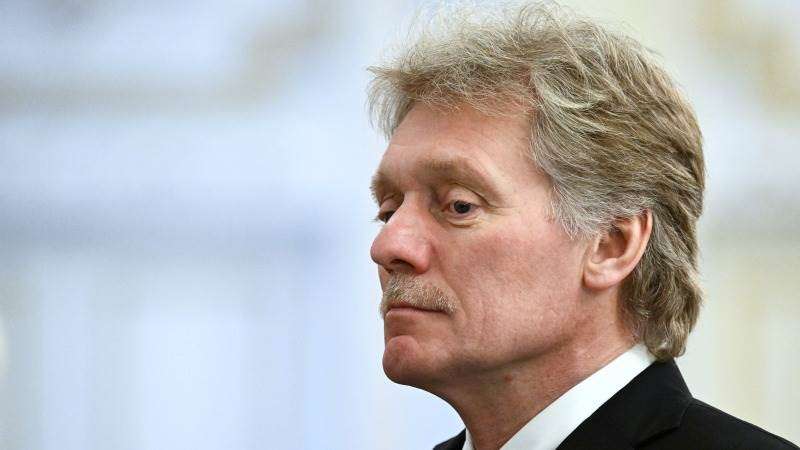The European Union (EU) has agreed on an 18th package of sanctions against Russia over its war in Ukraine.
Central to the sanctions package is a lower price cap on Russian oil, a move designed to shrink Moscow’s energy revenues without disrupting global markets by severing Russian supply entirely.
According to EU Diplomats, the EU will impose a moving price cap on Russian crude at 15% below its average market price, aiming to improve on a largely ineffective $60 cap that the Group of Seven major economies have tried to impose since December 2022.
EU Foreign Policy Chief, Kaja Kallas said on X, “The EU just approved one of its strongest sanctions packages against Russia to date.” She added that each sanction “weakens Russia’s ability to wage war.”

“We will keep raising the costs, so stopping the aggression becomes the only path forward for Moscow.”
Kaja Kallas
The sanctions package also bans transactions related to Russia’s Nord Stream gas pipelines under the Baltic Sea, and with Russia’s financial sector.
Kallas said that 105 ships in Russia’s “shadow fleet,” the term used by Western officials for ships that Moscow uses to circumvent oil sanctions, had been blacklisted, along with Chinese banks that “enable sanctions evasion,” which she did not name. In total, the EU has now imposed sanctions on more than 400 shadow fleet ships.
Additionally, the EU will ban all transactions with Russian financial institutions – already excluded from the global financial messaging system SWIFT.
The ban will include transactions with Russia’s sovereign wealth fund – the Russian Direct Investment Fund (RDIF) – as well as its investments.
This aims to further restrict Russia’s access to international financial markets and foreign currency.
Agreement on the new EU package was held up for weeks as Slovakian Prime Minister, Robert Fico demanded concessions on a separate plan to phase out EU dependence on Russian oil and gas.

Fico announced on Thursday night that he was ending his opposition.
Countries such as Greece, Cyprus and Malta had expressed concerns about the effect of the oil price cap on their shipping industries. Nonetheless, Malta, the last of the trio to hold out, also came on board on Thursday.
EU’s 18th Sanctions Package Welcomed

Ukrainian President, Volodymyr Zelenskyy called the sanctions decision “essential and timely” as Russia intensifies its air war on Ukrainian cities and villages.
Foreign Minister of Ukraine, Andrii Sybiha added that depriving Russia of its oil revenues is “critical for putting an end to its aggression.”
German Chancellor, Friedrich Merz welcomed the EU’s announcement of yet another raft of sanctions against Russia over its ongoing invasion of neighboring Ukraine. “It’s good that we in the EU have now agreed on the 18th sanctions package against Russia,” he noted in a post on X.

“It targets banks, energy, and the military industry. This weakens Russia’s ability to continue financing the war against Ukraine. We are keeping up the pressure on Russia”
Friedrich Merz
European Commission President, Ursula von der Leyen also welcomed the sanctions package in an X post, saying, “We are striking at the heart of Russia’s war machine.”
However, Kremlin Spokesman, Dmitry Peskov shrugged off the EU move, which would, at current prices, aim to cap the price of Russian crude at roughly $47.60 per barrel. He told reporters, “We have repeatedly said that we consider such unilateral restrictions illegal, we oppose them.”
“But at the same time, of course, we have already acquired a certain immunity from sanctions, we have adapted to life under sanctions.”
Dmitry Peskov

Russia has so far managed to sell most of its oil – the lifeblood of its state finances – above the previous price cap as the current mechanism makes it unclear who must police its implementation.
Traders doubt the new EU sanctions will significantly disrupt Russian oil exports.
READ ALSO: Bloodbath in Bonds, Boom in Banks: GSE’s Split Personality in June 2025




















